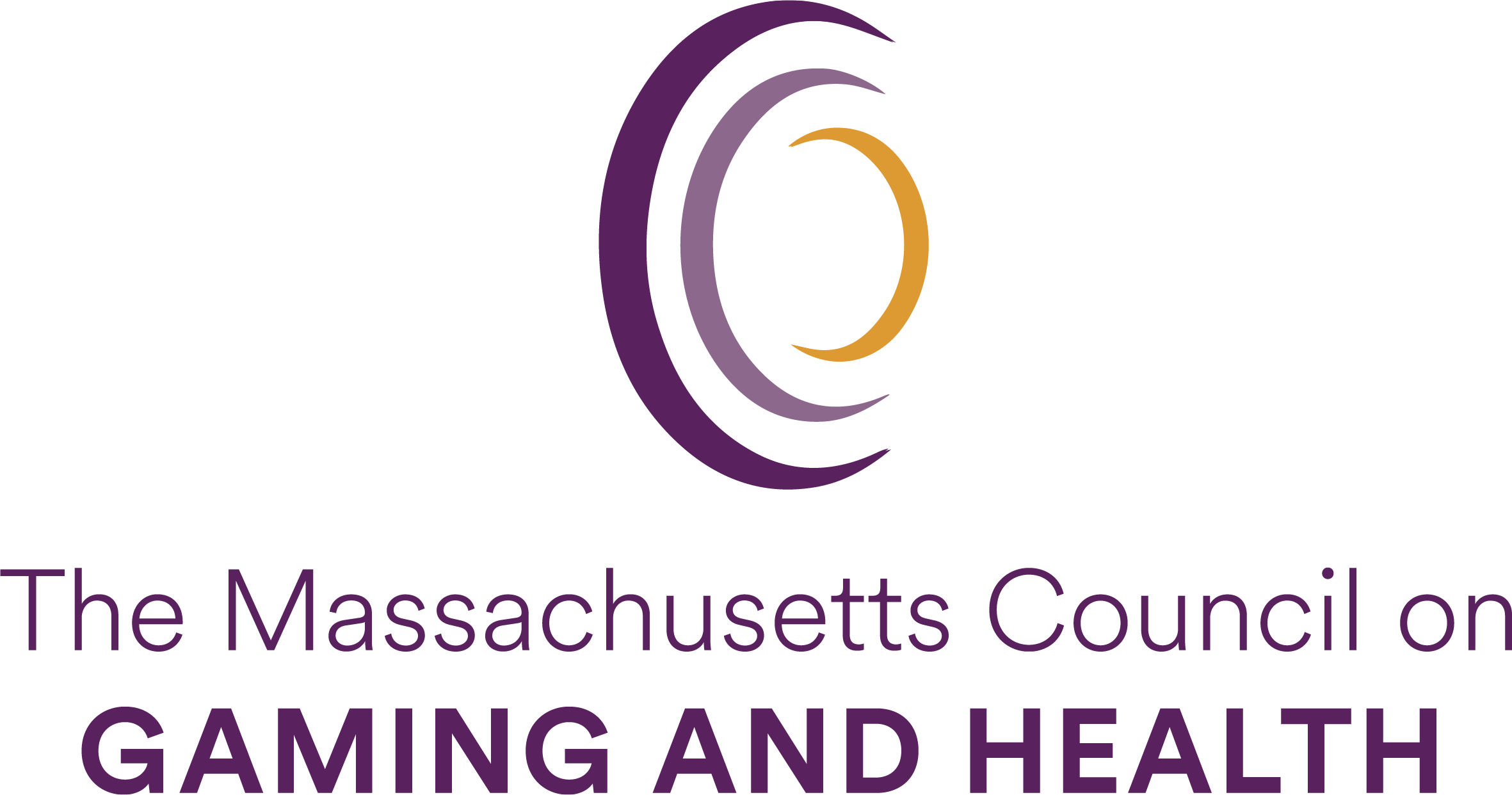 By Odessa Dwarika
By Odessa Dwarika
(As Printed in “The Provider”, Vol. 40 – No. 7, Summer 2019 Newspaper, The Providers’ Council)
Encore, one of the biggest casinos in the world, has become the third in the Commonwealth. Meanwhile, the state Legislature is also considering going all-in on the expansion of sports betting and online gambling – and advocates are sounding the alarm. They’re warning clinicians, healthcare providers and policy makers to up the ante and ensure that screening and resources meet the needs of those who struggle with these games of chance.
Gambling is not new to our state and some protections have been built in to assist those affected. Most people can safely buy a scratch ticket, pull the lever on a slot machine or play a game of poker. But a significant portion of the population has already been affected by gambling. An estimated 8.4 percent, or 135,122 people in Massachusetts, are at-risk gamblers; and 2 percent, or 83,152 adult residents, are people with gambling problems. Some of it is hidden in plain sight: the elderly gentleman who spends hours at the local convenience store scratching off tickets; the neighbor who stays all night at the casino, long after all her friends have left.
Gambling can create unexpected social, financial and emotional consequences for individuals, family and entire communities. Disordered gambling is associated with mood disorder, generalized anxiety disorder, post-traumatic stress disorder, and substance abuse. It often hides behind other symptoms and often appears when a person is leaving drugs or alcohol behind. Early recovery is a time when “at risk” gambling can ramp up into something more destructive.
While a person can’t “overdose” on gambling, it can still be a deadly addiction. Up to half of individuals in treatment for a gambling disorder have suicidal ideation and about 1 in 5 have attempted suicide. No other addiction has as high a suicide rate as gambling. Problem gamblers can face multiple stressors of being estranged from family and friends, facing collections agencies or retribution from loan sharks. Roughly 25 percent are facing imminent arrest.
The most significant change to the American Psychiatric Association’s Diagnostic and Statistical Manual of Mental Disorders (DSM-5) in 2016 was to move gambling disorder to Substance Related & Addictive Disorders. It is the ONLY non-substance related addiction disorder in the DSM-5. Its location in the new manual reflects recent research that gambling disorder is similar to substance-related disorders in clinical expression, brain origin, comorbidity, physiology and treatment. This means that clinicians well versed in substance misuse are perfectly poised to help address gambling disorder.
Due to these changes to the DSM-5, and the efforts of advocacy organizations like The Massachusetts Council on Gaming and Health (MCCG), more providers are learning to identify gambling disorder and begin the therapeutic conversation.
There are significant challenges to diagnosing gambling disorder. It can’t be smelled on one’s breath, seen in the eyes, heard in one’s speech or tested in the blood. For many, it’s a silent addiction that too often turns deadly. Most people seeking treatment are not acknowledging problem gambling as a primary issue, even when it is a source of significant distress. This leaves the burden on clinical providers to be detectives and develop the kind of trusting relationship that would allow a client the comfort to disclose.
We know that ongoing and repeated screening of patients with depression and substance use disorder is needed in order to identify the issue. To address the need for a quick, evidence-based screen for gambling disorder, researchers from the Division on Addiction, Cambridge Health Alliance, developed the Brief Biosocial Gambling Screen (BBGS) to assist clinicians. The screening questions are based on the DSM-IV criteria for gambling disorder. No single question is adequate in capturing the majority of those experiencing gambling problems. However, answering
“yes” to one or more of the below questions is suggestive of a problem deserving further assessment:
- During the past 12 months, have you become restless irritable or anxious when trying to stop/cut down on gambling?
- During the past 12 months, have you tried to keep your family or friends from knowing how much you gambled?
- During the past 12 months did you have such financial trouble as a result of your gambling that you had to get help with living expenses from family, friends or welfare?
We know some of these questions aren’t easy to ask and even harder for clients to answer honestly. You are likely to be the first person ever to ask your patient or client directly about gambling! If your patient has a gambling problem, and is in a painful place due to gambling, they may also welcome the opportunity to finally share their secret with someone. This conversation and your courage to initiate it may be what changes or saves their life.
Odessa Dwarika is the Director of Programs and Services with The Massachusetts Council on Gaming and Health.




